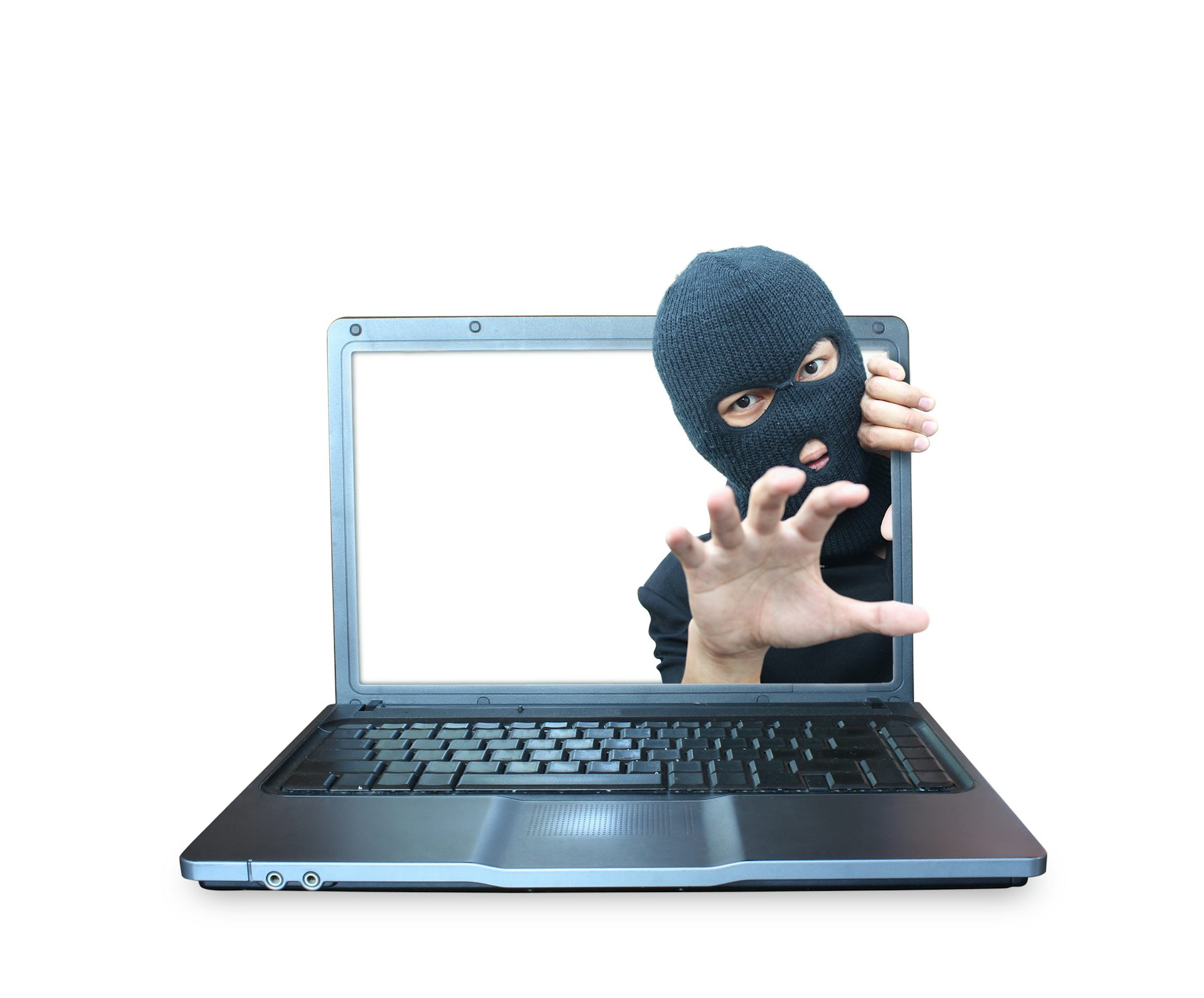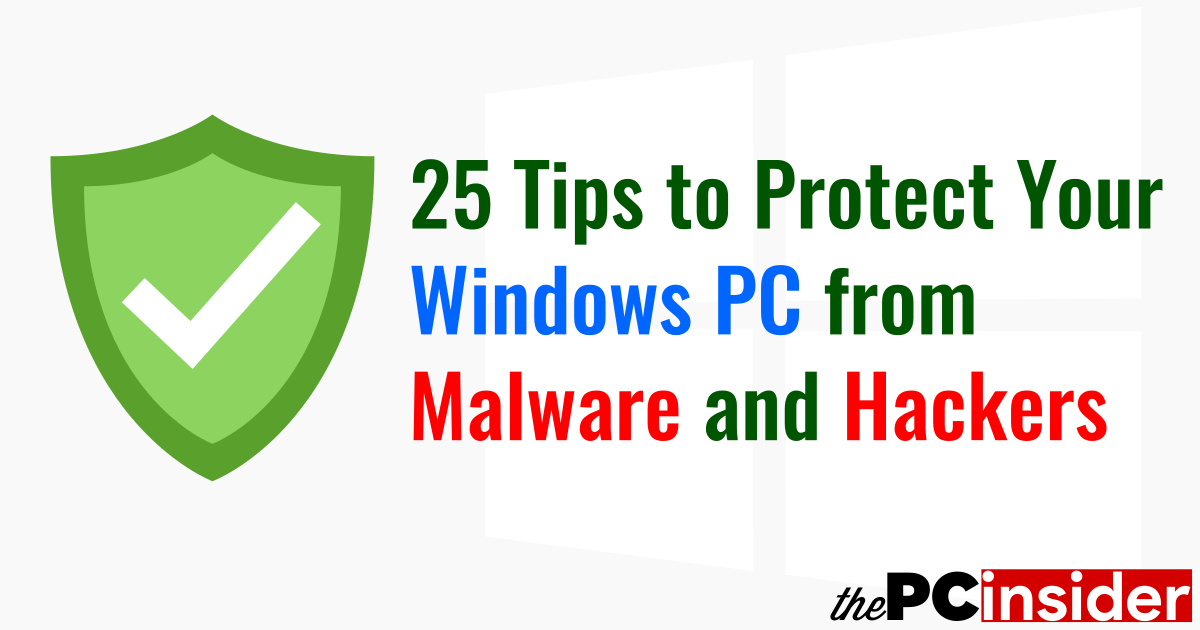

- How to best protect your computer from viruses install#
- How to best protect your computer from viruses full#
- How to best protect your computer from viruses software#
- How to best protect your computer from viruses code#
- How to best protect your computer from viruses password#
Recent browsers give you ability to tell web sites to not track your movements, increasing your privacy and security.
How to best protect your computer from viruses password#
One recent study showed that a 6 character password with all lower case letters can be broken in under 6 minutes! Check on the Security Settings of the Browser:īrowsers have various security and privacy settings that you should review and set to the level you desire. Hackers use certain tools to break easy passwords in few minutes. Use a password that is at least 8 characters in length and include a combination of numbers, letters that are both upper and lower case and a special character. Complex passwords are difficult for the hackers to find. The first line of defence in maintaining system security is to have strong and complex passwords. It scans all the incoming information and helps in blocking the threat once detected.Comodo Antivirus comes with spyware protection built in.

How to best protect your computer from viruses software#
Similar to antivirus software, anti-spyware software offers real time protection. Anti-Spyware software is solely dedicated to combat spyware. Spyware are designed in such a way that they are not easy to be removed. This information is redirected to a third party website. Spyware is a software program that collects personal information or information about an organization without their approval. Some advanced antivirus programs provide automatic updates, this further helps to protect the PC from newly created viruses.Īntivirus for Windows 8 software may include advanced features such as email protection, blocking of pop-ups and identity theft.
How to best protect your computer from viruses install#
Even if your system is virus free, you must install an antivirus software to prevent the system from further attack of virus.Īntivirus software plays a major role in real time protection, its added advantage of detecting threats helps computer and the information in it to be safe. This might slow down the processing speed of your computer, delete important files and access personal information. Unauthorized software includes viruses, keyloggers, trojans etc.
How to best protect your computer from viruses code#
It is software that helps to protect the computer from any unauthorized code or software that creates a threat to the system. It makes you aware if there are any unauthorized efforts to use your system.Īntivirus is one other means to protect the computer. These days the market is filled with number of antivirus software apps but the bad news is, not all of them are good enough to protect your computer. Therefore, they always install powerful, reliable and effective antivirus software, which will secure their PC at all times. If you are using a system at home, turn on the firewall permanently. Every computer user would like to protect their system from viruses and malicious programs. It creates a barrier between the computer and any unauthorized program trying to come in through the Internet. A firewall is the first step to provide security to the computer. Each serves similar, but different purposes. There are of two types of firewalls: a software firewall and hardware firewall. Check on the Security Settings of the BrowserĪ free firewall enacts the role of a security guard.
How to best protect your computer from viruses full#
Run a full virus scan every week to detect any threats.įor more computer virus prevention resources. New viruses are always being created so it is best to have an anti-virus program that automatically downloads updates.

If you get hacked, information can be found.ĭon’t share access to your computer with strangers and turn off file-sharing. Only download from trusted sources.īack up files on your personal computers regularly using an external hard drive.ĭon’t keep sensitive or private information stored on your computer. Do not store user names and passwords on websites.Įxercise caution when downloading files from the Internet.

Use passwords that are hard to guess and change them regularly. Use your spam blocking or filtering tools to block unsolicited emails, instant messages and pop-ups. Use the following tips to help keep your computer safe from viruses, hackers and other malicious attacks.ĭon’t open email attachments or click on hyperlinks from unknown senders. Viruses are commonly disguised as hyperlinks, pop-ups or email attachments of images, greeting cards or audio or video files. Computer viruses can easily spread through the Internet and email, causing potential harm to a computer’s data, files and hard drive.


 0 kommentar(er)
0 kommentar(er)
